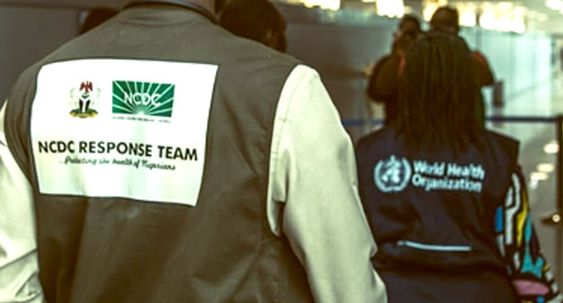Health
NCDC records 210 new cholera illnesses and 10 fatalities

In eight states of the federation between July 31 and August 27, the Nigeria Centre for Disease and Prevention Control (NCDC) recorded 210 new suspected cholera illnesses and 10 “suspected” deaths.
This was stated by the NCDC in its most recent monthly situation report on cholera, which covered Epidemiological (EP) weeks 31 to 34, published on its official website.
Cholera is a bacterial infection brought on by the bacterium Vibrio cholerae, according to the News Agency of Nigeria (NAN).
It is most frequently encountered in places with inadequate sanitation and little access to clean water because it is mostly spread through tainted food and water.
Cholera symptoms include dehydration, vomiting, and very watery diarrhoea. It could endanger your life if you don’t get treatment. According to the World Health Organisation (WHO), this is the case.
According to the public health organisation, there were 63 and 67% fewer suspected cases and deaths from cholera in 2023 than there had been in 2022, according to Epidemiological Week 34 reports.
According to the report, on August 27, 2023, there were 2,860 suspected cases and 84 suspected deaths reported nationwide across 25 states, giving the country a Case Fatality Ratio (CFR) of 2.9%.
The cumulative data “shows that six states: Cross River (718 cases), Katsina (302 cases), Bayelsa (265 cases), Ebonyi (227 cases), Niger (136 cases), and Abia (118 cases) account for 62% of the suspected cases in 2023,” it stated.
It claims that out of eight states with 210 suspected cases, Zamfara in the northwest had the highest rate of infection with 190 instances, followed by Kano and Bayelsa with seven and five cases, respectively.
Also reporting two instances each were the states of Gombe and Adamawa, followed by the states of Bauchi, Niger, and Borno.
The organisation said that 26 stool culture tests had three positive findings, while 21 Cholera Rapid Diagnostic Tests (RDT) had nine positive results (Zamfara had eight and Bayelsa had one).
The NCDC said that the multi-sectoral national Cholera TWG is still keeping an eye on state-by-state responses.
Assuring access to clean and safe drinking water is one of the many steps that may be taken to avoid cholera, according to NAN. If the source of the water is suspect, it can be disinfected by boiling the water, using water disinfectant tablets, or by using a water filter.
Others practise proper hygiene by constantly washing their hands with soap and water, especially before handling or consuming food. They also make sure that dishes, especially seafood, are thoroughly prepared. (NAN)
